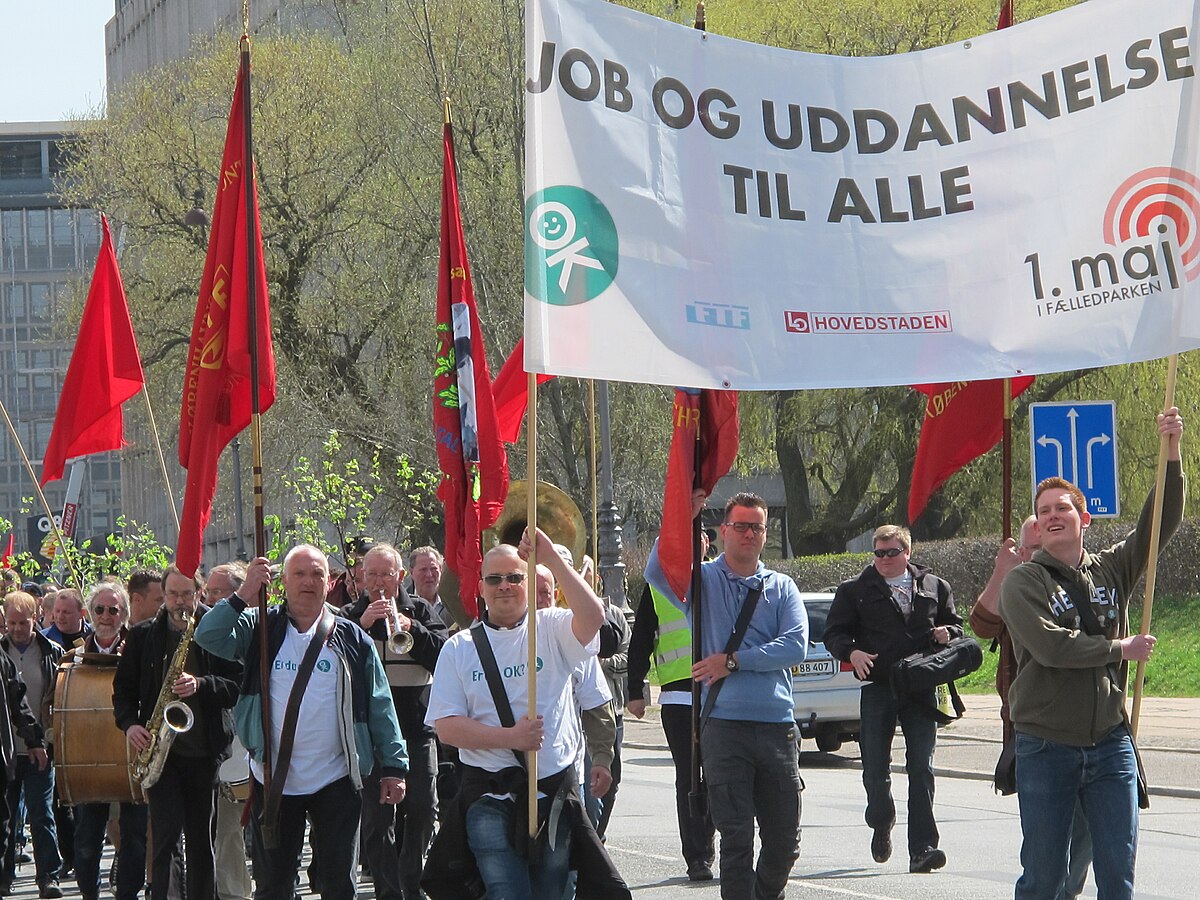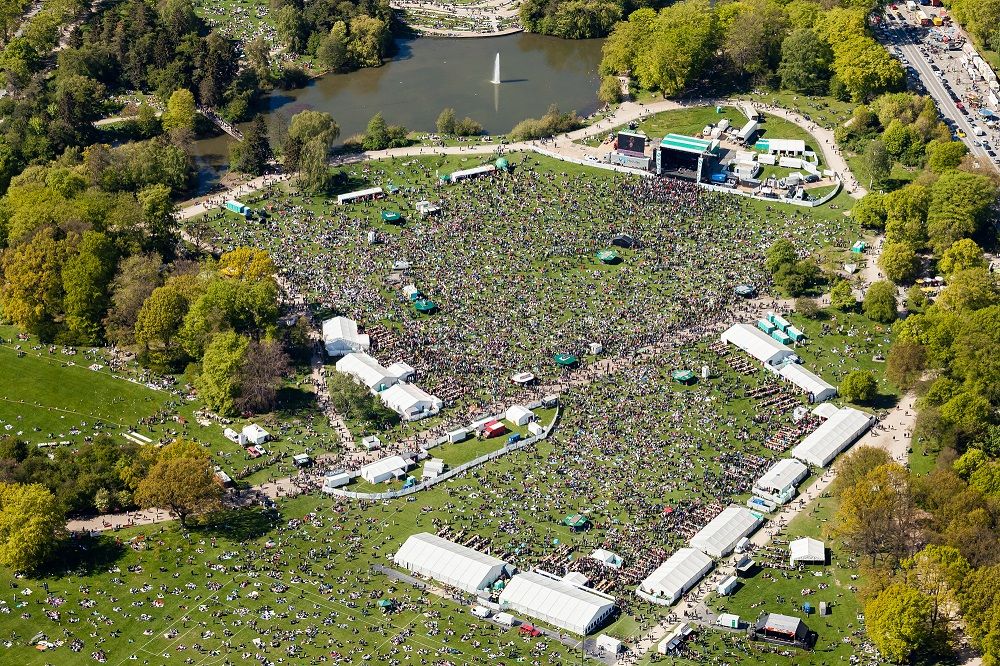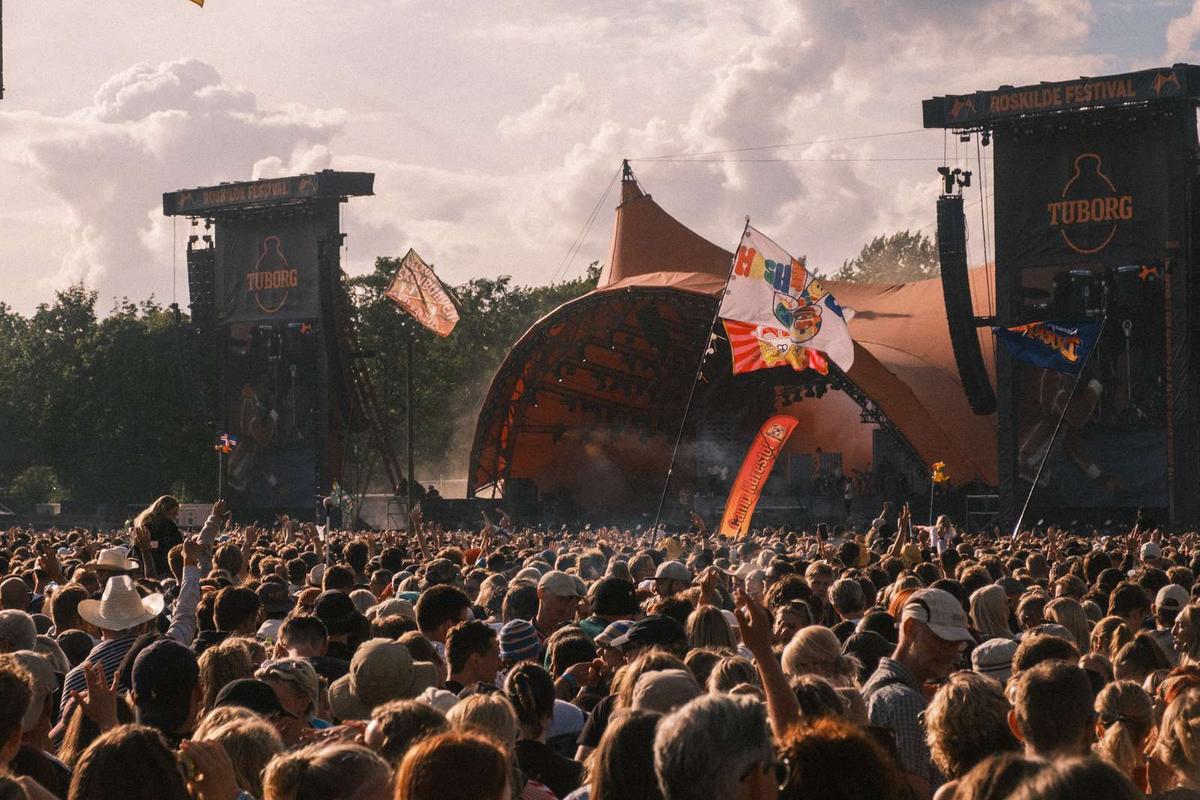I am writing this while on tour and teaching street kids in southern India with my theatre company. The food is exquisite, the culture magnificent and the heat, I add with some sadistic pleasure for all you back in Copenhagen, is divine.
Despite India’s beauty, and the ridiculously happy street kids I am currently teaching, I find myself thinking about Denmark. How can two countries be so dramatically different? India is more chaotic and unpredictable, and frankly downright dangerous. But why then does each person I meet seem so much more full of energy, zest and life?
Don’t get me wrong, I love living in Denmark. But sometimes the sheer lack of risk and danger can be oppressive. One’s Danish identity number, or CPR number – so closely attached as it is to the yellow social security card or ‘Sygesikringsbevis’ – is the passport to a well-oiled, red tape-free Danish life. It removes much of the bureaucracy one experiences so drastically in other countries. The CPR number is a constant ‘Get Out Of Jail Free’ card or, as I like to call it, the ‘CPR safety net’. No matter what happens, the state has your back. It might stab you in it, but it will surely then arrange the trip to the morgue.
Does the security that goes hand in hand with a CPR number actually make you happy? Within moments of my son being born, a nurse came in and handed me his Sygesikringsbevis and CPR number. Now, to be clear, nothing but nothing could dull the elation of my son’s birth. Later, however, I pondered the fact that he now lives in one of the safest and most risk-free countries in the world. Will this equate to his happiness?
I want my son to be happy and safe. I would die or kill for him – without a second thought or regret – but will his life be happier than any of the Indian street kids I am currently teaching? It goes without saying he will be more socially privileged, but despite living in ‘the world’s happiest country’, I am sure this will not guarantee his happiness. He will have to do that by himself.
It is a fact that life in Denmark is next to impossible without a CPR number. And on my grapevine it would appear that a foreigner trying to obtain one is a hard process. Two friends of mine, a Syrian and a Brit, were explaining the hoops they are currently going through. Like Snakes and Ladders, both are unsure whether they will move forward or again be sent back down to the bottom rung. Is it by chance or design, I wonder, that one of the only times you really face heavy Danish bureaucracy is when you’re trying to get a CPR number?
If their cases are typical, how things have changed. I received my CPR number in 1995 when I was merely working in Denmark and had no intention of staying. Back then, they were practically giving the numbers away. I went to the National Registry, filled out a form, joined a queue and talked to a pleasant government employee about how nice it was to be in a country where everyone loves Monty Python. After ten minutes, and me giving two show-stopping renditions of ‘The Lumberjack Song’ and ‘Spam’, in my hand was a spanking new, shiny yellow Social Security Card with number attached. “Tak,” I said, and walked out into the rain of a Copenhagen summer to meet my spanking new, shiny Danish wife.
Personally I love the CPR number. After roaming the world, being in a coma in France (and breaking my legs), being blown off a roof in Japan and attacked in Calcutta, the security it provides has made a huge difference to me. I am wary though and guard diligently against its negative forces on my vitality.
– –
On a final sad note, I have to report that Denmark recently lost a ‘Great Brit’. On Tuesday February 5, Andrew James Miller died. Painter, web-designer, business strategist, skilled debater and a tip-top Friday’s bar comrade and safety-net resistant, he will be missed.












